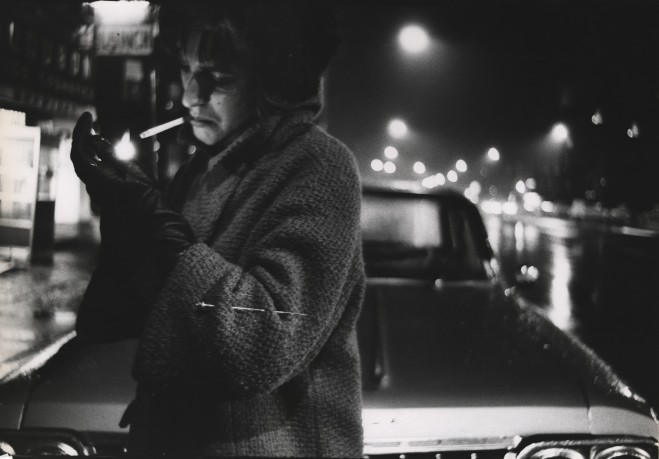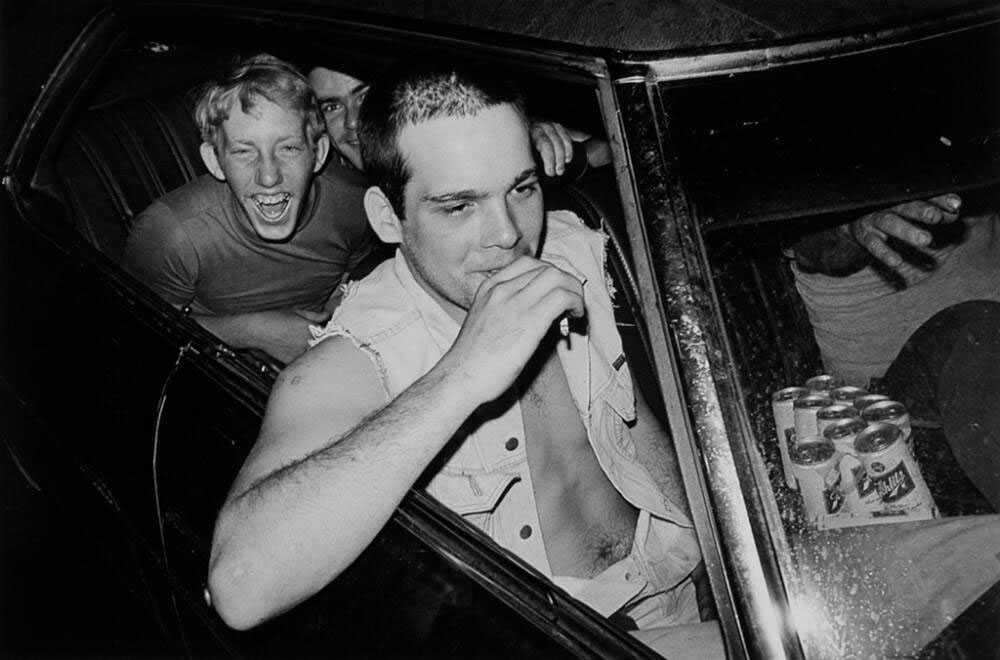Last Friday at 11:00 PM I emailed the finished manuscript of my book to my agent and editor. At this point, it is hard to know how long it has taken to refine this book from the first gleam of an idea to completion. But it has been almost three years since I finished my last book and started to develop this idea. The story has been through several iterations in that time. At one point I got so frustrated with it I even set it aside to work on something else. So it is obviously an enormous relief to be done with it.
The story in its final version involves a 14-year-old boy accused of murdering a classmate in a comfortable Boston suburb. My film agent described it, in perfect filmspeak, as “Presumed Innocent” meets “Ordinary People,” which puts you in the right ballpark at least. But the story began life as something quite different. The germ of the idea was simply: father watches his son accused of murder and wonders, “Who is this stranger I have raised?”
What first caught my imagination was the sight of defendants’ parents sitting stoically in the back of a courtroom during a trial. What is it like for them? I have seen crime stories told from the point of view of criminals and victims, but here was a player whose misery goes unnoticed. In a way, they are blameless victims, too.
The parents’ situation also gets at a question that was on my mind, not about crime but crime novels: why do good people who would never dream of stealing a piece of gum read with pleasure about bloody murder? The question is not limited to crime novels. Stories about crime dominate the news, too, for the simple reason that people watch them. We have always been fascinated with crime dramas. Some of the oldest stories we have are crime stories.
I think that in crime stories we must see some reflection of ourselves. Just as the Oedipus story — the first detective story, reputedly — enacts a primal instinct, so do other crime stories resonate with us by touching fantasies and fears we only dimly understand. “Bad men do what good men dream,” as one observer puts it.
The audience’s fascination with crime is especially poignant in the case of the murderer’s parents. Here the identification with the criminal is more than an imaginative projection, because every parent identifies so closely with her child. Genetically and socially, the child is made of the same stuff as the parents in some mysterious combination of nature and nurture. So, when those parents sitting in the back of the courtroom ask, “What does this story say about me?”, they are asking the same question as the reader curled up in bed with a crime novel — they simply have more at stake in the answer.
These were some of the ideas I wanted to tease out in this novel. Now, finally, it is written. There will be more work to do, of course. What I have handed in is just a draft. There will be rewriting. Depending on what my editor thinks of the pages, there may be a lot of rewriting. But the hardest part is done, not just the writing itself, going from a blank page to a finished manuscript, but the conceptual work — going from that first dim inspiration to seeing the story before you. Some of the hardest work is done, invisibly, before you write that first sentence.

